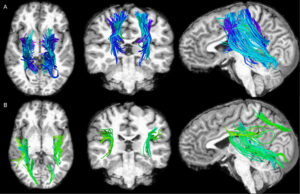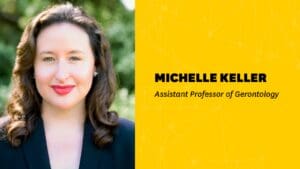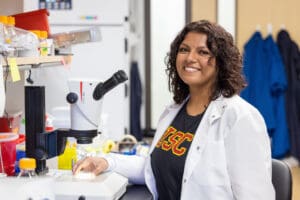Korea Biomedical Review reported a talk given by USC Leonard Davis School of Gerontology Dean Pinchas Cohen at the Korea Healthcare Congress on “personalized aging” and a USC-created app to predict longevity. “USC Longevity predicts current life expectancy [and] provides incentives for adoption of a healthy lifestyle to improve life expectancy and help in financial planning,” he said.

MEDIA ADVISORY/SOURCE ALERT
Contact: Orli Belman, USC Leonard Davis School of Gerontology
310 709-4156, obelman@usc.edu
Caregiving in Crisis: From Disaster Planning to Dental Care to Dealing with Loneliness
- Learn the physical, mental and financial cost of providing care
- Hear the latest solutions to address the caregiver burden at USC conference
- Meet experts, caregivers and service providers from across Los Angeles
WHAT: The 17th Annual CALM (Caregivers are Learning More) Conference. The USC Family Caregiver Support Center is getting a head start on National Caregiving Month with this community outreach event featuring expert speakers, onsite health screenings and a resource fair.
WHEN: 9:00 am – 2:00 pm, Saturday, October 28, 2017
WHERE: USC Leonard Davis School of Gerontology, 3715 McClintock Ave. Los Angeles, CA 90089. Media can park in USC’s Downey Way Parking Structure or in designated media zones.
WHO: Donna Benton, director of the USC Family Caregiver Support Center and gerontology professor at the USC Davis School, along with caregivers and experts from health care providers, government agencies, technology companies and community centers.
“With the increase in sandwich generation households, we hear more requests from caregivers helping both adult children and aging parents,” said Benton. “Caregivers desperately need resources to help them remain healthy, because they are the foundation for the family. If they ‘crack’ the house will be unstable.”
Additional topics and speakers include:
- Oral Health Tips for Caregivers: Dr. Janet Lent, Herman Ostrow School of Dentistry of USC
- Caregiving: A Lonely Job: Robin Caruso, LCSW, Care More Health Plan
WHY: To increase awareness, advocacy and assistance for the nearly 20 million unpaid caregivers including…
- The Costs of Caregiving:
- Health: Research shows that caregiving puts some people at higher risk for depression, major diseases and even death. This public health issue is part of what is called caregiver burden. Caregivers are at risk for social isolation, a condition recently cited as possibly being more harmful to health than smoking or obesity. Click here for LA County caregiver statistics.
- Financial: The AARP estimates that caregivers provide an estimated $450 billion in free labor and often put their own financial security at risk.
- Solutions for Supporting Caregivers
- Technology: New online services provide 24 hour-access to personalized information, support and resources
- Policy: Local and national efforts are underway to ensure that caregivers are identified and provided with compensation and/or needed services
- Planning: Resources around disaster planning and end-of-life decisions can help ensure safety and better quality of life
- Community: From social connections to meal delivery, local providers can offer an array of services
- Individual: Exercise, meditation, or just getting time to one’s self can help manage caregiver stress.
MORE: November is National Family Caregivers Month. A recent National Academies of Sciences, Engineering and Medicine report, Families Caring for an Aging America, recommends developing a national strategy to address caregivers’ health, economic security and overall well-being. The report states that caregiver recognition and support is among the most significant overlooked challenges facing the aging U.S. population, their families, and society.
ABOUT: The USC Family Caregiver Support Center offers help those to caring for family and friends for all cultures and communities in LA county. Services are low or no-cost to family caregivers and friends who help someone over the age of 60 and funding is provided by in part by LA County Community and Senior Services and the USC Leonard Davis School of Gerontology.
Call toll-free: 855-USC-6060 (855-872-6060) for help, or visit http://fcscgero.org/

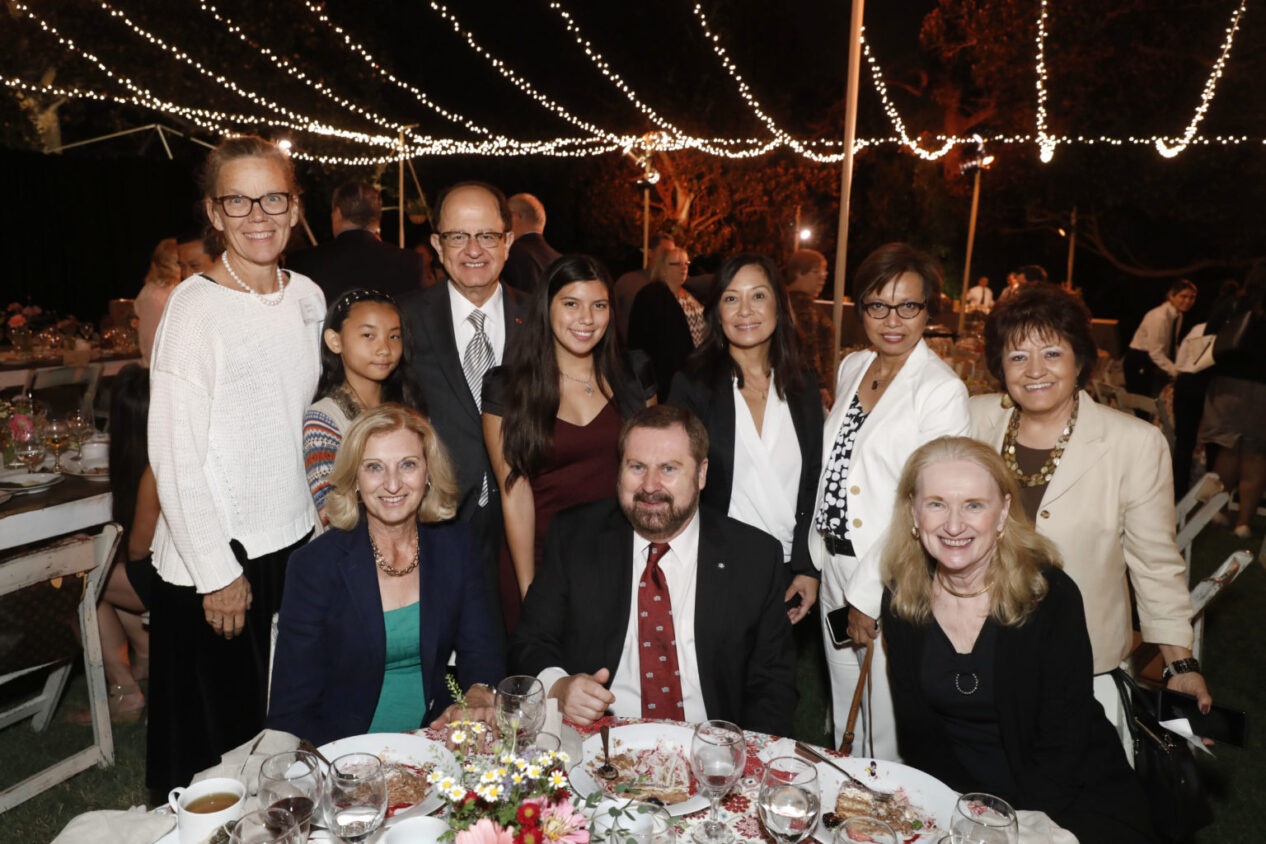
PBS “NextAvenue” quoted Susan Enguídanos of the USC Leonard Davis School about end-of-life care discussions and advance directives in case of unexpected health concerns.
CNBC quoted Sebastian Brandhorst of the USC Leonard Davis School on how a fasting-mimicking diet tricks the human body. The story also cited research by Valter Longo of the USC Leonard Davis School.
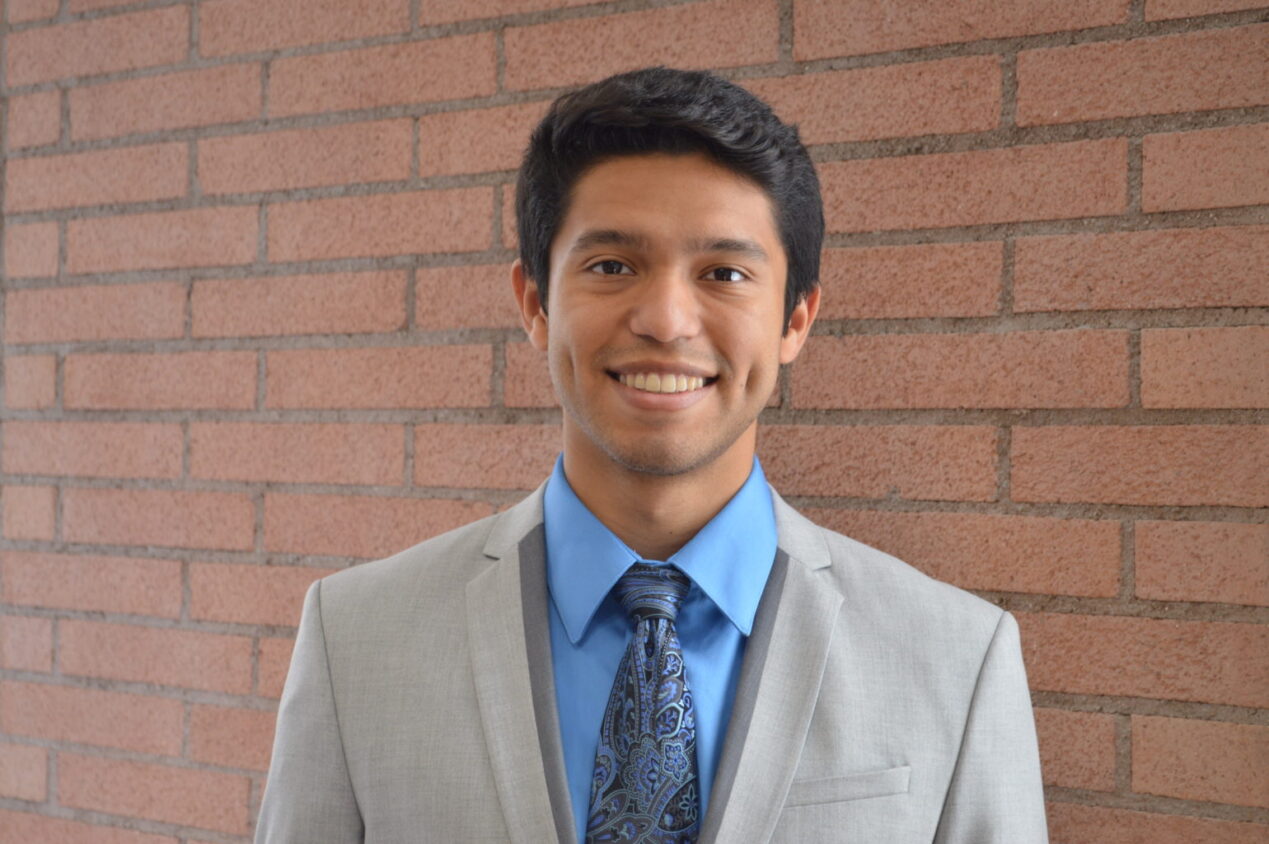
USC Leonard Davis School PhD Student Selected for National Leadership Program to Build Health Equity
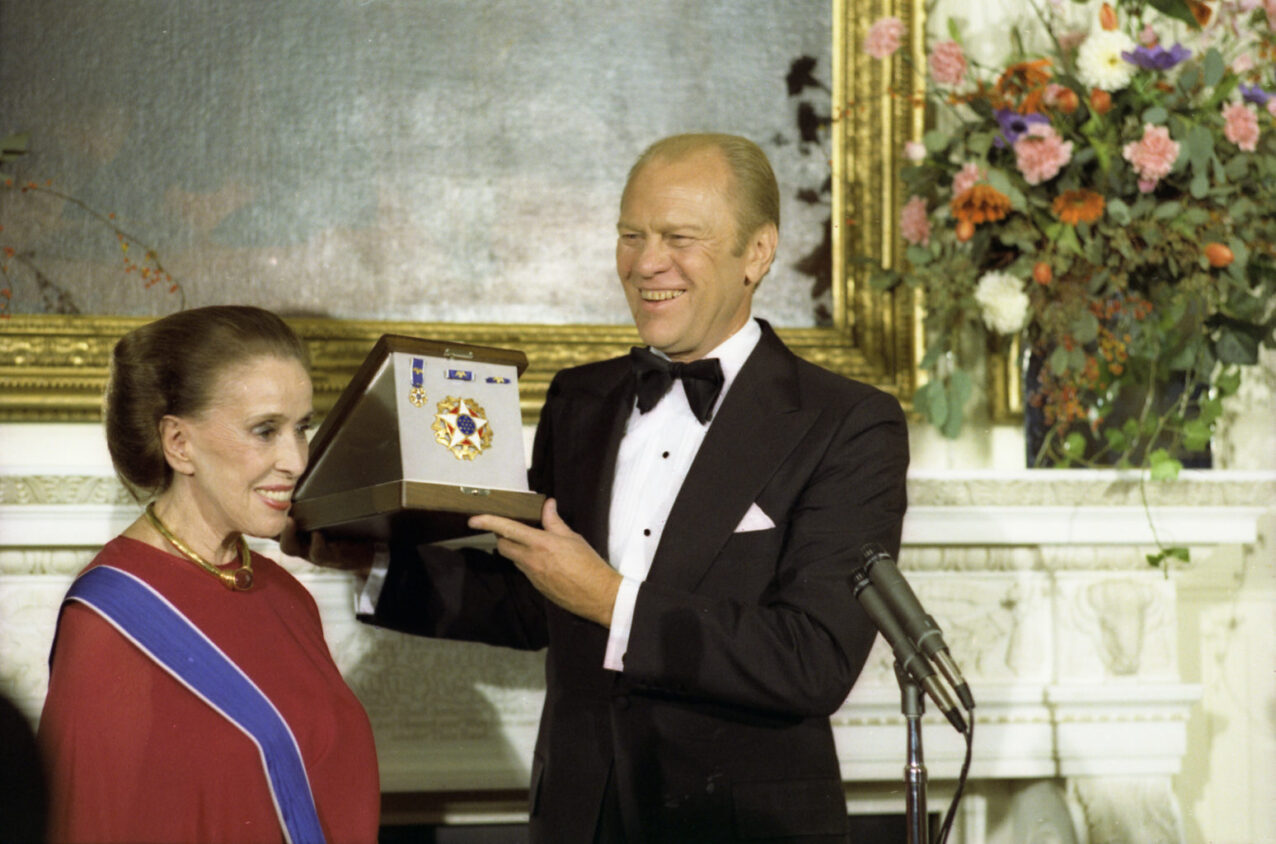
The New York Times and The Washington Post (in an Associated Press story) quoted Caroline Cicero of the USC Leonard Davis School about evacuation plans for older adults and how this group will cope with traumatic losses due to the wildfires in Northern California. “This situation has been so tragic on so many levels,” Cicero said. “Couples who have been living together for 30, 40, 50 years, especially in their 80s and 90s, definitely might have just realized this is the end. ‘There is nothing we can do, so we’ll go out together,’ which is a beautiful thing. But it’s tragic for those left behind.”

